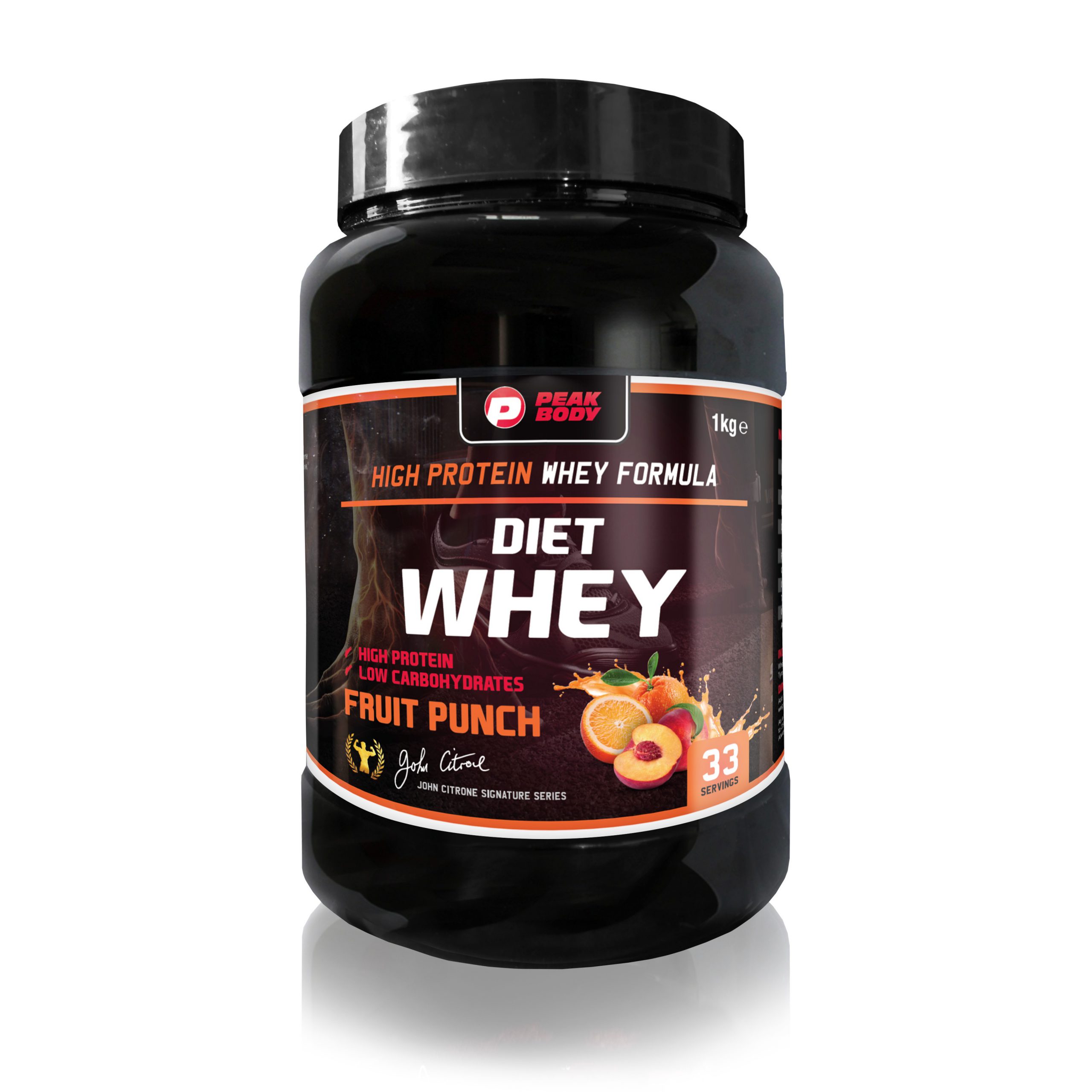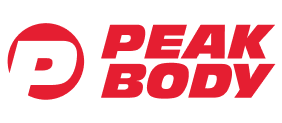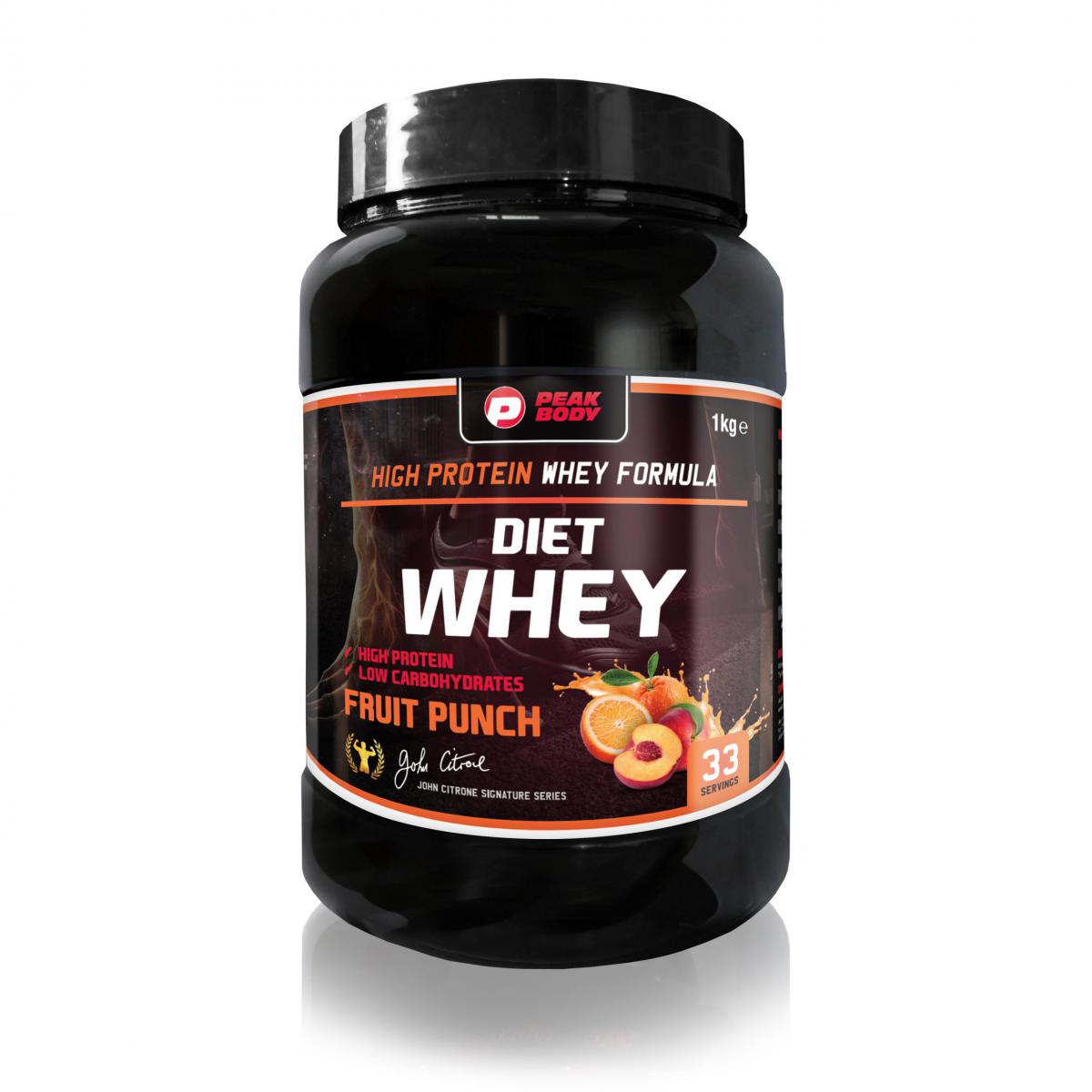Why Getting In More Protein Matters When Losing Weight

More Protein, More Muscle Gains!
I am sure most of you have an idea of why we need protein in our diets: for growth and repair of muscle tissue. Well ok, that was pretty simple! We all knew that. However, while most people will try to get in enough protein during a muscle building phase, protein can be pretty overlooked when looking to actually lose weight. I mean after all, the importance of weight loss is not to actually build up, but to trim down, right? Correct, but you don’t want to trim down everything! Even if you want to lose weight, you job should still be to preserve as much muscle mass as possible while losing fat only. This is why protein is also essential during your weight loss journey. Not only should you pay close attention to your protein intake during a muscle building phase, but also, during a weight loss phase. It’s also better for your fat loss efforts over the long-term!
When trying to lose weight, it’s easy to get carried away and reduce everything in sight. After all, the goal is to reduce overall calories (eat less over time). But, your goal should also be to get in enough protein at the same time. I can see why protein can be overlooked during a cutting phase. It’s incredibly easy to develop a habit of simply reducing your overall food consumption (total daily calories) without taking into account how this is likely to influence your overall daily protein intake as well. Although you might be replacing a lot of what you eat with salads, and more fruit and vegetables (which is great!), you might actually be also reducing your total protein consumption in the process (not great!). Yes, you might lose fat, but at the same time also muscle. Losing muscle can have negative implications for your overall weight loss goals.
Dudgeon et al 2017: The Effect Of Protein Supplementation On Weight Loss
A recent study by Dudgeon et al looked at the effects of whey protein supplementation on measures of fat mass (FM) and lean body mass (LBM – muscle) on 16 resistance-trained men over an 8 week period. These participants underwent individualised calorie-restricted weight loss diet plans coupled with pre-, peri- and post-exercise whey protein (WHEY) or carbohydrate-based (CON) supplementation. The resistance training program consisted of an identical, supervised bodybuilding style split workout, 4 days per week for 8 weeks.
Results?
Both the WHEY and CON groups lost body mass over the 8 week period, but the WHEY group maintained most their lean body mass while the CON lost significant amounts. The loss in body mass observed for the CON group consisted mostly of LBM, while that for the WHEY group consisted mostly of fat mass.

Dudgeon et al. (2017). Figure shows the changes in loss of lean body mass in response to supplementation with whey or carbohydrate combined with a calorie-restricted diet.
Conclusions?
The higher levels of LBM for the WHEY group despite a calorie-restricted diet are likely to come through the maintenance of higher levels of muscle protein synthesis) following resistance-training workouts in comparison to the CON group. Since muscle protein synthesis has been observed to decline following resistance training and muscle protein breakdown to increase, the WHEY supplementation in this case would have likely provided the essential amino acids needed to prevent this post-exercise muscle protein synthesis attenuation. Thus keeping protein synthesis higher on average than protein breakdown and in turn reducing the extent of the catabolic (muscle breakdown) environment following resistance training.

Dudgeon et al. (2017). Figure shows the changes in loss of fat mass in response to supplementation with whey or carbohydrate combined with a calorie-restricted diet.
In the CON group, the lack of protein supplementation (and thus available amino acids) would have allowed this post-exercise attenuation in muscle protein synthesis following resistance training to occur to greater extents. As a result, muscle protein breakdown would be higher than muscle protein synthesis thus leading to a greater catabolic environment for muscle breakdown.
Key Note
Although this study looked at WHEY protein supplementation, the general message is that getting in enough protein during your weight loss period (whether from supplements, food or both) will be essential in helping you to preserve as much muscle mass as possible. This is not only important for ensuring an improvement in body composition after weight loss (more muscle in relation to fat), but it also helps keep your weight loss moving at a steady, manageable pace.
High Levels Of Protein Are Key For Weight Loss!
Getting in enough protein during weight loss (either through food or supplementation) is essential to preventing loss of muscle tissue. If you want to improve body composition (look better) and get the most out of your weight loss efforts, then losing fat and preserving muscle at the same time will be the goal. You will need sufficient protein to do that.
Article written by Stephen Moreton








![SARM Showdown: Laxogenin vs Turkesterone [Plant Based Alternative Edition]](https://www.peakbody.co.uk/media/blog/cache/300x200/magefan_blog/SARMS-SHOWDOWN-banner9.png)
